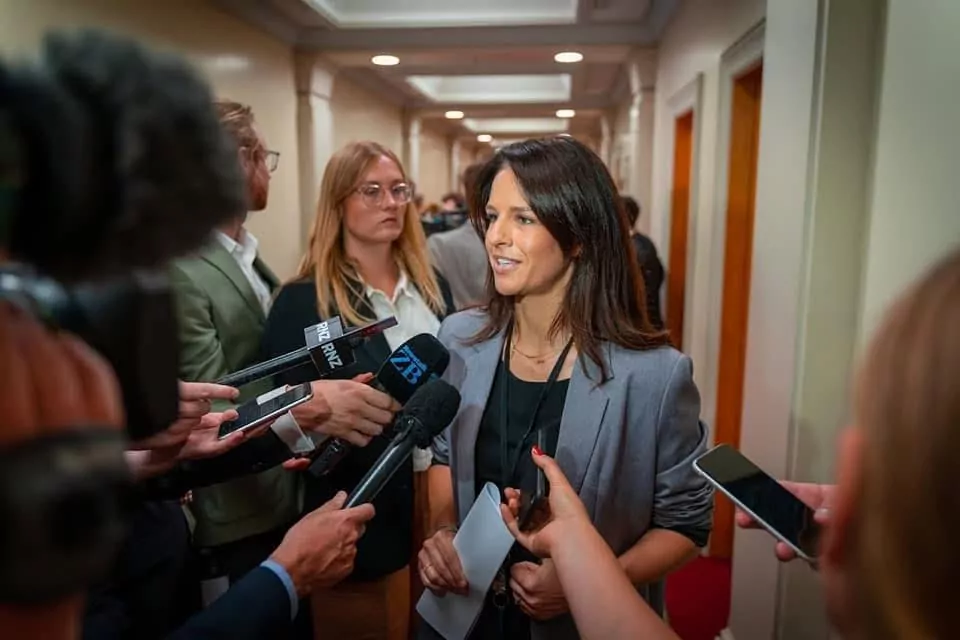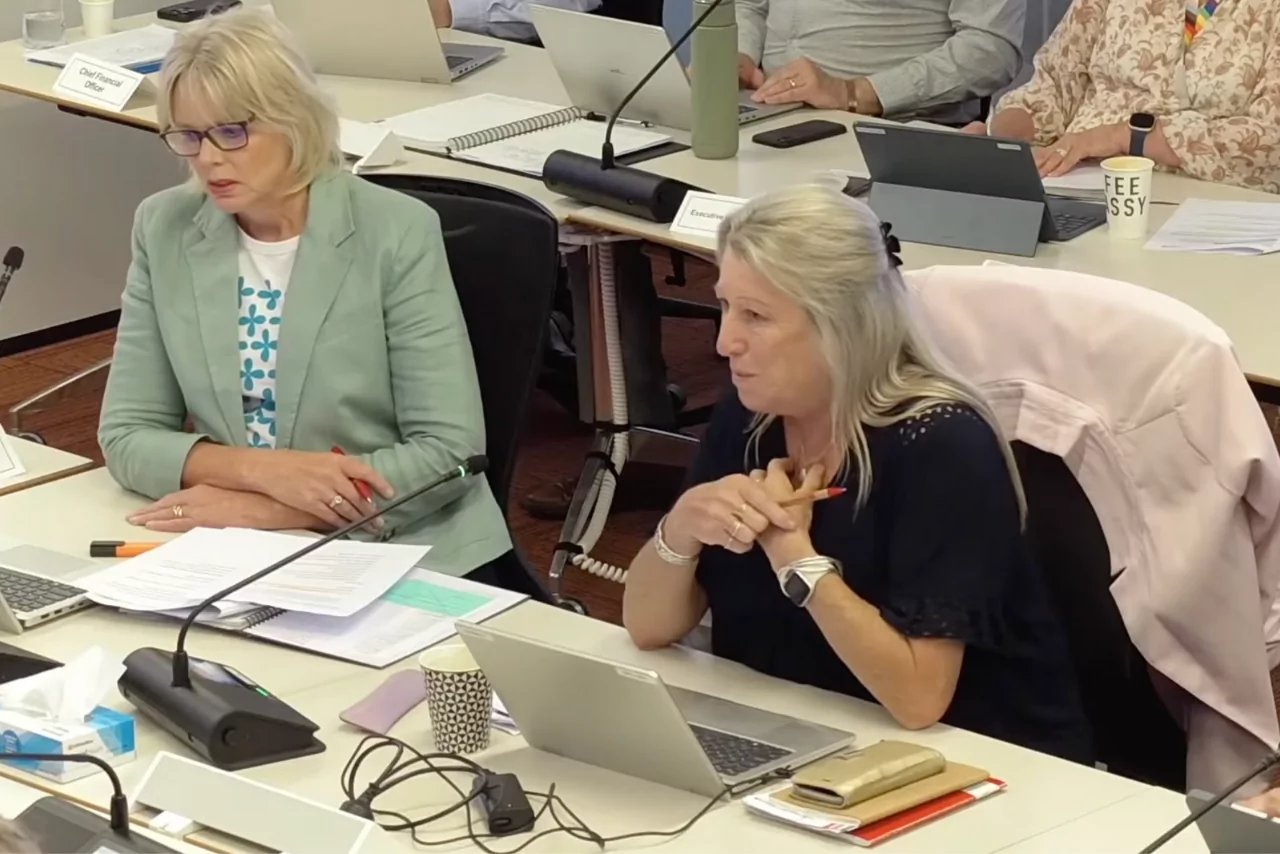Escaped youth tracked by Eagle helicopter, found hiding in New Brighton
The young person who escaped from a youth justice facility in Rolleston has been located...
Proudly powered by VAST – NZ’s leading digital advertising billboard company. FIND OUT MORE

The Government is proposing to replace NCEA with new national qualifications, Prime Minister Christopher Luxon and Education Minister Erica Stanford have announced.
“We want every New Zealander to reach their full potential and contribute to a thriving economy, and that starts with our students,” Luxon said.
“The evidence shows NCEA is not consistent and can be hard to navigate. It doesn’t always deliver what students and employers need.
“New Zealand’s future depends on our young people having the skills to succeed in the modern global economy. We’re backing Kiwi kids with a new internationally benchmarked national qualification designed to do exactly that.”
Education Minister Erica Stanford said that while NCEA was designed to be flexible, it has too often led students to focus on merely gaining credits, rather than building essential knowledge and skills.
“This has come at the cost of developing the critical skills and knowledge they need for clear pathways into future study, training, or employment,” she said.
Key proposals include:
Removing NCEA Level 1
Requiring English and Mathematics in Year 11 and introducing a foundational award to assess literacy and numeracy
Replacing NCEA Levels 2 and 3 with:
The New Zealand Certificate of Education (Year 12)
The New Zealand Advanced Certificate of Education (Year 13)
Requiring students to take five subjects and pass at least four
Marking out of 100 with A to E grades for clearer reporting
Developing better vocational pathways in partnership with industry
Introducing a new national curriculum for Years 9 to 13, clearly defining learning outcomes
“This is about making sure our national qualification opens doors for every young person, whether they’re heading into a trade, university, or straight into work,” Stanford said.
She added that the secondary school changes build on the Government’s broader education reforms already underway.
“Every student is now taught at least an hour a day of reading, writing and maths, cell phones are banned in classrooms, and we’ve introduced a world-leading English and Maths curriculum. We’ve mandated structured literacy and maths teaching, equipped classrooms with high-quality resources, invested in learning support, and stopped building open-plan classrooms,” she said.
Luxon said the reforms are part of the Government’s focus on economic growth and lifting living standards.
“Supporting our young people to succeed and develop their skills is a key part of how we do that.”
Consultation is open until 1 September, with final decisions expected before the end of the year.
If adopted, the changes would be phased in starting from 2026, with the new national curriculum first, followed by the Foundational Skills Award in 2028, and the new Certificates of Education for Years 12 and 13 in 2029 and 2030.
During the transition, students would be assessed using either the current NCEA or the new qualifications, depending on their year level.


